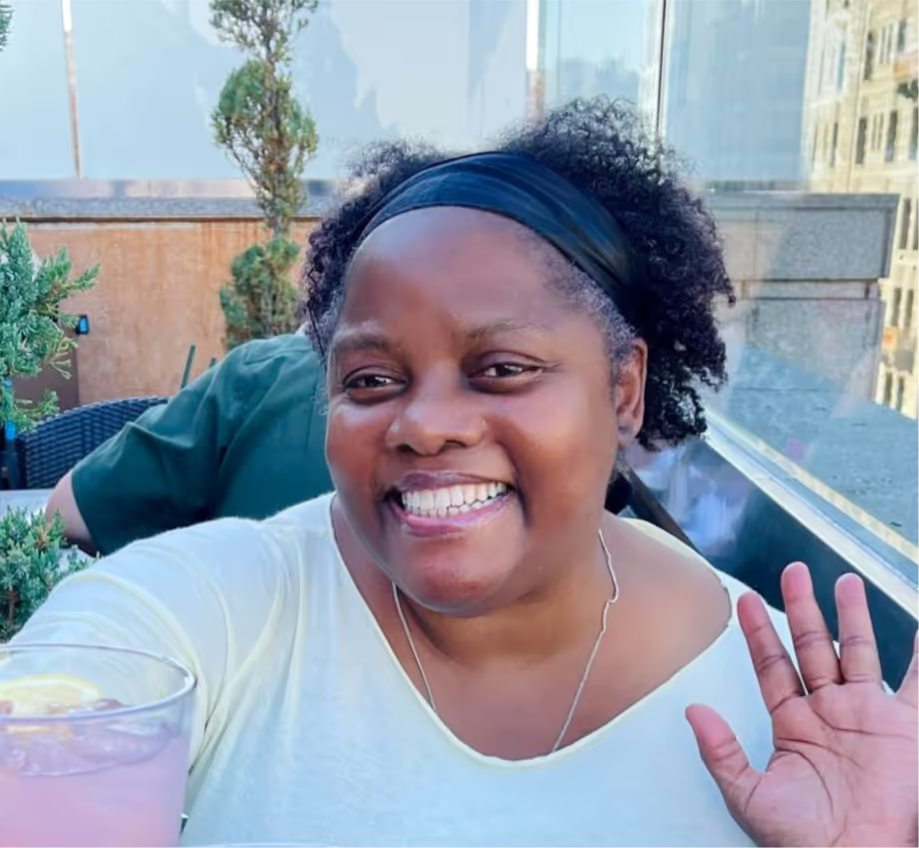Christina Wodtke's recent article on 15 years of OKR experience offers crucial insights for community professionals: What I've Learned from 15 Years of Doing OKRs. After helping popularize the OKR framework, she's sharing hard-won wisdom about when OKRs succeed, when they fail, and how to implement them effectively.
Her most important insight? "Not everyone needs to set OKRs the same way."
This revelation is particularly valuable for community teams who often struggle with traditional OKR frameworks. Rather than abandoning the approach entirely or forcing community work into inappropriate metrics, we can adapt Wodtke's learnings to create OKRs that actually serve community building.
Understanding Team Autonomy in Community Context
Wodtke emphasizes: "Teams that own their destiny—like product teams building new initiatives—thrive with [OKRs]. But service teams, maintenance crews, or individuals with little autonomy may struggle."
The critical question for community teams isn't whether OKRs are useful, but whether your team has sufficient autonomy to pursue objectives you can meaningfully influence.
High-autonomy community teams can choose their engagement strategies, experiment with new programs, and set community-specific success criteria. These teams benefit from OKRs because they control the levers that drive outcomes.
Low-autonomy teams executing predetermined plans with fixed metrics will find traditional OKRs frustrating and counterproductive.
Strategy First, Then OKRs
A common mistake is reverse-engineering community OKRs from company revenue targets.
Wodtke clarifies: "OKRs are not strategy. Strategy is how you will win market share and realize value. Instead, OKRs translate those high-level strategic decisions into focused, actionable efforts."
For community teams, this distinction is crucial:
Avoid starting with: "How can our community generate 25% more sales-qualified leads?"
Instead begin with: "What community outcomes create sustainable value for members while supporting business objectives?"
Effective community OKRs might include:
- Increase peer-to-peer problem resolution by 50% (reducing support burden while strengthening relationships)
- Establish four member-led special interest groups (creating deeper engagement and product insights)
- Achieve 90% positive feedback in quarterly community surveys (indicating healthy, sustainable engagement)
These objectives connect to business value while respecting the unique dynamics of community building.
Rethinking Success Metrics for Community Work
Traditional business metrics often miss what makes communities valuable. Adapting Wodtke's outcome-focused approach for community work requires different measurement strategies:
Replace: Total member count With: Active relationship formation (members connecting and helping each other)
Replace: Time spent in community With: Quality interaction patterns (meaningful conversations vs. superficial activity)
Replace: Click-through rates With: Knowledge sharing behaviors (members contributing solutions and insights)
Replace: Event attendance With: Community-driven initiatives (members organizing their own activities)
The goal is measuring outcomes that indicate both community health and business impact, not just metrics that look impressive in executive reports.
Breaking Free from Cascading Paralysis
Wodtke identifies cascading as a major OKR failure mode: "Everyone waits on the layer above to finalize goals. Add in approval processes, and you've paralyzed your company for weeks—sometimes months."
Community teams are particularly vulnerable because community needs emerge organically and don't follow quarterly business cycles.
A better framework:
- Align with one clear company-level objective (such as customer satisfaction or retention)
- Grant community teams autonomy to develop supporting objectives using community-specific approaches
- Build in flexibility to adapt tactics based on member feedback and emerging needs
For example: If the company objective is "enhance customer experience," community OKRs might focus on faster peer support, clearer feedback loops, and increasing product expertise within the member base. These are proven experience enhancers that community teams can directly influence.
Cultivating Continuous Learning
Wodtke's most valuable insight treats OKRs as "a culture of learning" rather than a performance scorecard.
For community teams, this learning approach means regular reflection on:
- What unexpected member behaviors are we observing?
- What value is emerging from the community beyond our original plans?
- Where are members finding genuine connection and mutual benefit?
- What systemic barriers are preventing our desired outcomes?
This transforms OKR reviews from status updates into strategic planning sessions that inform future community development.
Recognizing When Traditional OKRs Don't Fit
Wodtke gives permission to opt out: "If a team doesn't have control over its own priorities, it shouldn't be asked to commit to key results it can't influence."
Consider alternatives to traditional OKRs when:
- Your team cannot influence community strategy or tactical approaches
- Your success metrics are controlled by other departments (like sales performance or product adoption rates)
- Your "objectives" are actually assigned tasks presented as goals
- Leadership prohibits experimentation or course correction
In these situations, advocate for community-specific measurement frameworks focused on relationship quality, member value creation, and sustainable engagement patterns.
The Platform Perspective: Why This Matters for Community Technology
From a community platform standpoint, these insights are particularly relevant. The most successful community platforms enable the kind of autonomy and experimentation that makes OKRs effective.
Platforms that provide robust analytics, flexible engagement tools, and customizable member experiences give community teams the control they need to set and achieve meaningful objectives. When community managers can test different approaches, measure relationship quality, and adapt their strategies based on data, OKRs become a powerful framework for growth.
Conversely, rigid platforms that limit customization or provide only basic metrics make it difficult for community teams to exercise the autonomy that effective OKRs require.
Building the Case for Community-Focused OKRs
If your organization is applying inappropriate OKR frameworks to community work, use Wodtke's insights to advocate for better approaches:
Educate about community value: Help leadership understand that community ROI appears in retention rates, support cost reduction, and product innovation rather than direct sales metrics.
Suggest hybrid models: Perhaps quarterly business-aligned OKRs combined with monthly community health assessments for operational decisions.
Document qualitative outcomes: Member success stories, breakthrough problem-solving, and sustained engagement patterns often matter more than quantitative activity metrics.
Request experimental freedom: Community work requires responsiveness to human dynamics, which demands flexibility to test and iterate approaches.
The Path Forward
Christina Wodtke's 15-year journey with OKRs teaches us that the framework works best when teams have "room to stretch, take risks, and learn from experiments."
Community teams embody these capabilities. We design engagement frameworks, test new relationship-building strategies, take calculated risks on member-driven initiatives, and continuously learn from community feedback. The key is having organizational support to define success using metrics that reflect the authentic value communities create.
OKRs can be highly effective for community teams when we're empowered to establish objectives that matter for building thriving, valuable member relationships.
The framework itself isn't the issue. The problem lies in rigidly applying success metrics designed for other business functions to the unique challenges of community building.
What approaches have you found effective for setting community-specific objectives that align with broader business goals?








.svg)



.svg)

